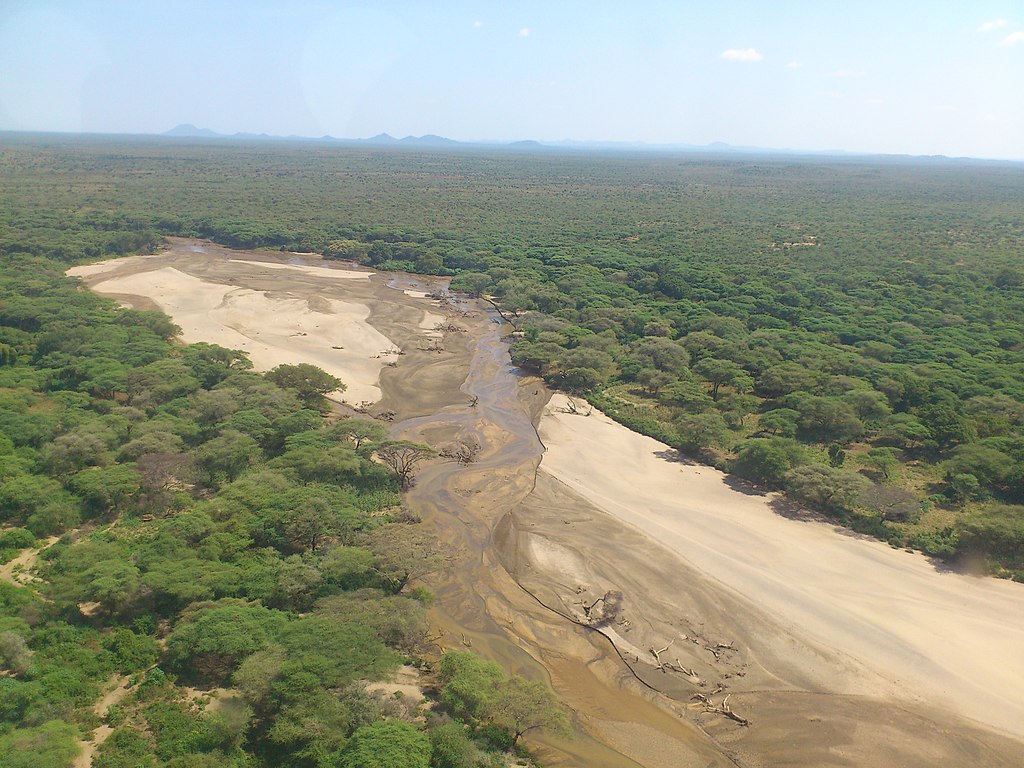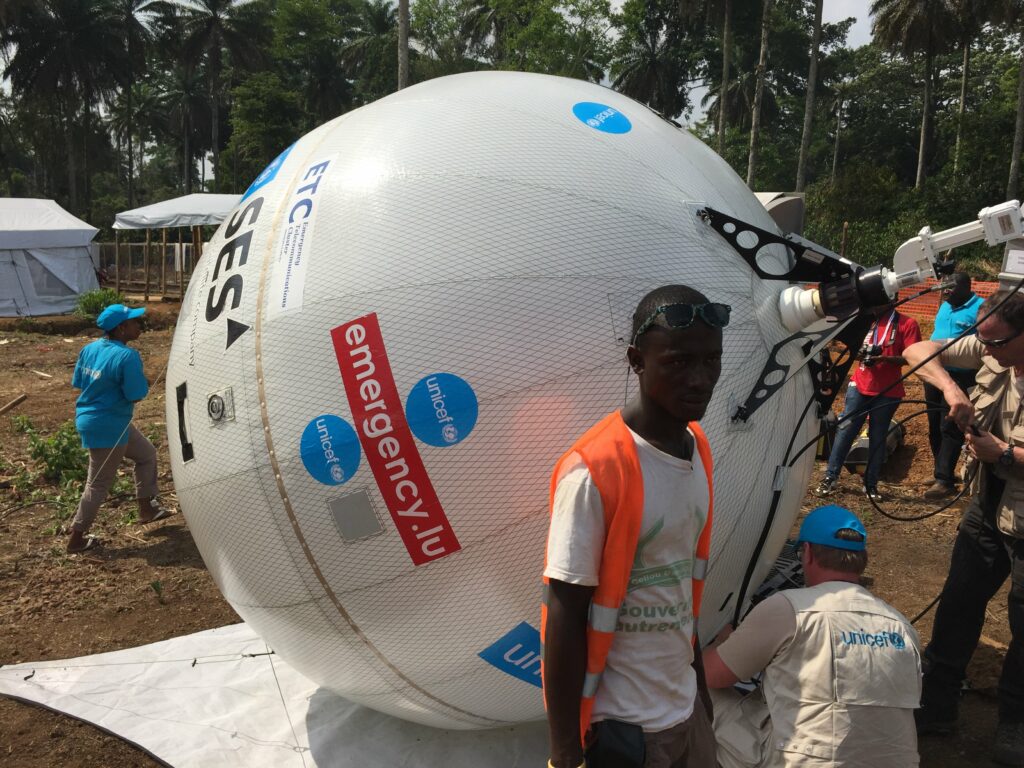Emergency.lu partnered with B-LiFE, collaboration between the public, private and academic sectors on a national and international level, run by a consortium of Centre de Technologies Moléculaires Appliquées (CTMA) of the Université Catholique de Louvain in Belgium, the Belgian enterprises Aurea Imaging, Eonix and Nazka Mapps, and the European Space Agency, (ESA) as well as SES. B-LiFE aims at bringing rapid disease identification for a fast response to sanitary crises such as the present Ebola epidemic.
B-LiFE can be deployed rapidly to perform quick diagnostic tests of patients. Once installed in a crisis zone, the B-LiFE laboratory uses genetic analysis techniques to very precisely identify the presence of life-threatening, biological agents that cause the disease. The effectiveness of the response provided by the laboratory depends on the real-time communication provided by satellite. The connectivity is provided via an emergency.lu Rapid deployment kit with an inflatable antenna belonging to the Directorate for Development Cooperation and Humanitarian Affairs of the Luxembourg Ministry of Foreign and European Affairs. B-LiFE operates on the emergency.lu with SES satellite capacity, funded by the Luxembourg government.
With the support of the Belgian emergency team B-Fast, the B-LiFE laboratory has left Belgium for N’zerekore, Guinea on Saturday 20 December 2014. The support was part of the international effort to help countries where Ebola was spreading. Together with teams from the Belgian Ministry of Defense and from the Civil Protection from the Ministry of Interior, B-FAST was responsible for the logistics support. The B-LiFE/B-FAST mission was deployed to support an Ebola treatment center which has been installed in N’Zerekore by the French Non-Government Organisation ALIMA. The EU Copernicus Emergency Management Service has been activated to provide satellite images for the epidemiological data mapping. The European Commission (DG ECHO) and its Emergency Response Coordination Centre (ERCC) were also providing their support.
The mission aims at providing and ensuring a rapid identification of Ebola-suspected patients through appropriate diagnostic tests. Identification will be carried out by the means of DNA-based analysis, meaning that any sample will first be inactivated inside a dedicated negative pressure glove box by the operating team, before being processed for rapid diagnosis of the Ebola virus. The operating staff will wear protective equipment and follow strict hygiene measures. The procedure will offer maximum biosafety to the B-LIFE operating staff. B-LiFE will also perform clinical tests to analyse the effects of new therapeutic drugs tested in the ALIMA center. This will contribute to the development of new treatments for the Ebola disease.


